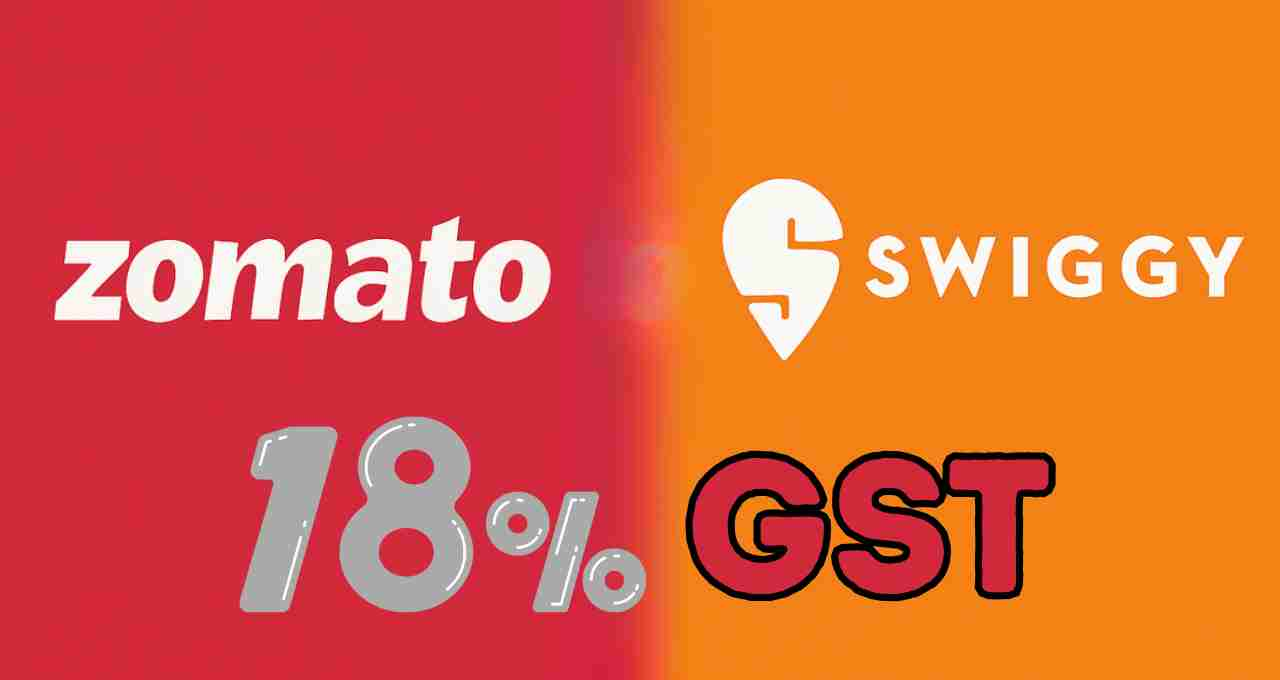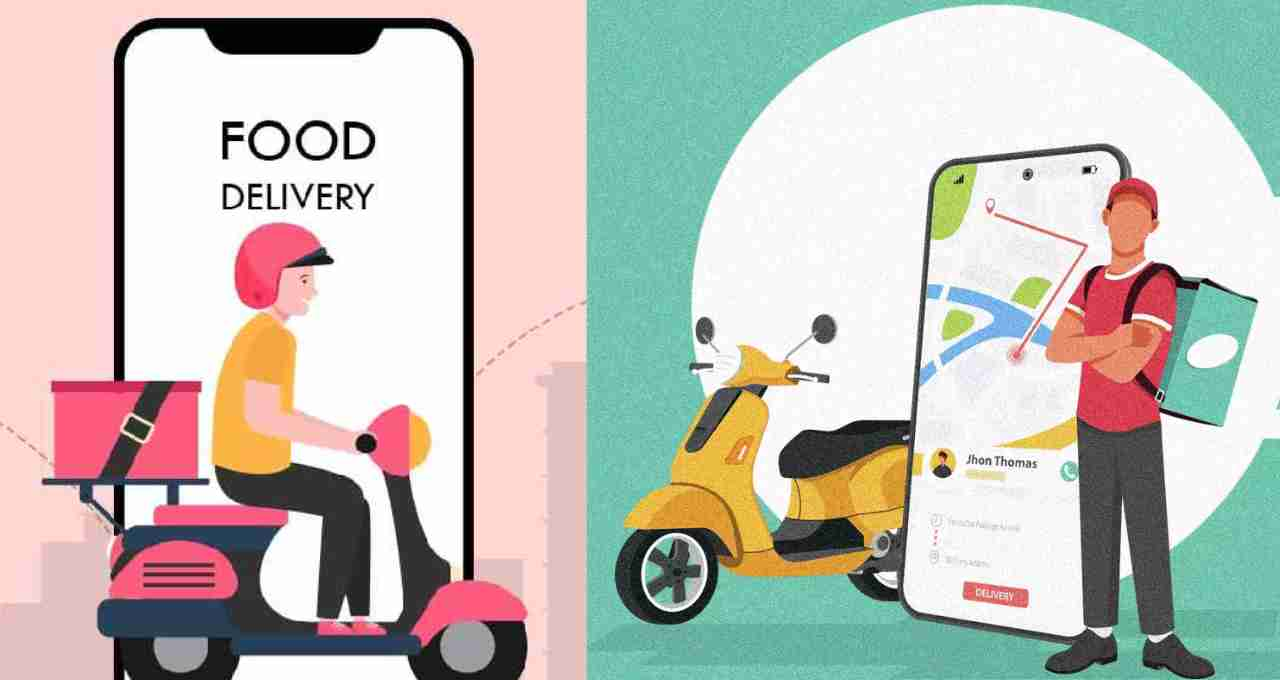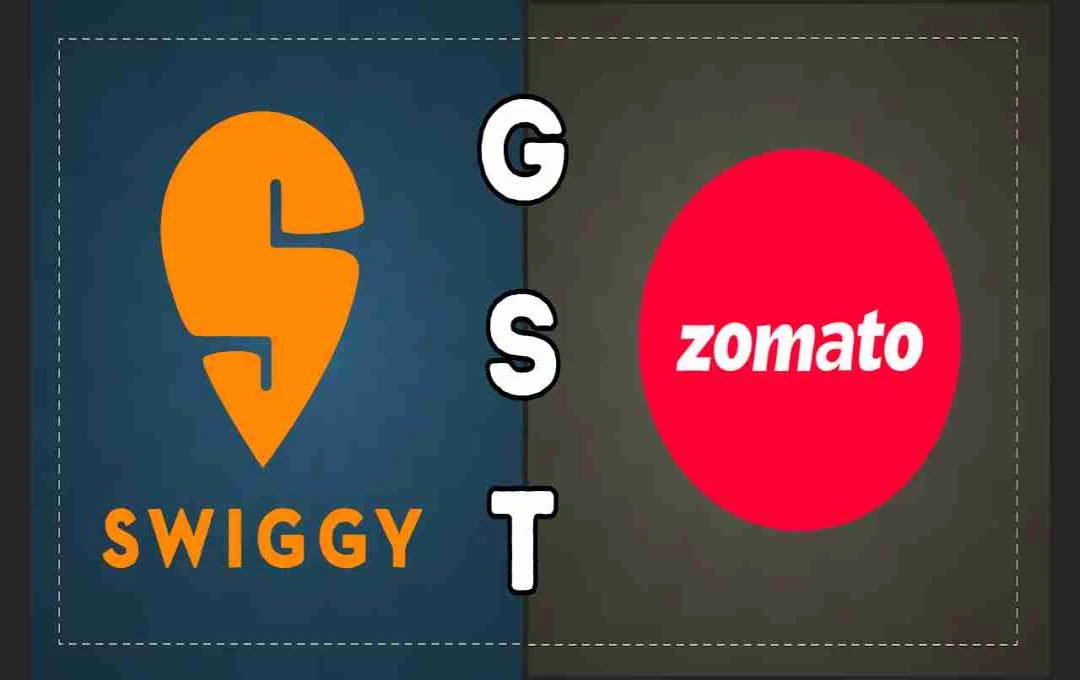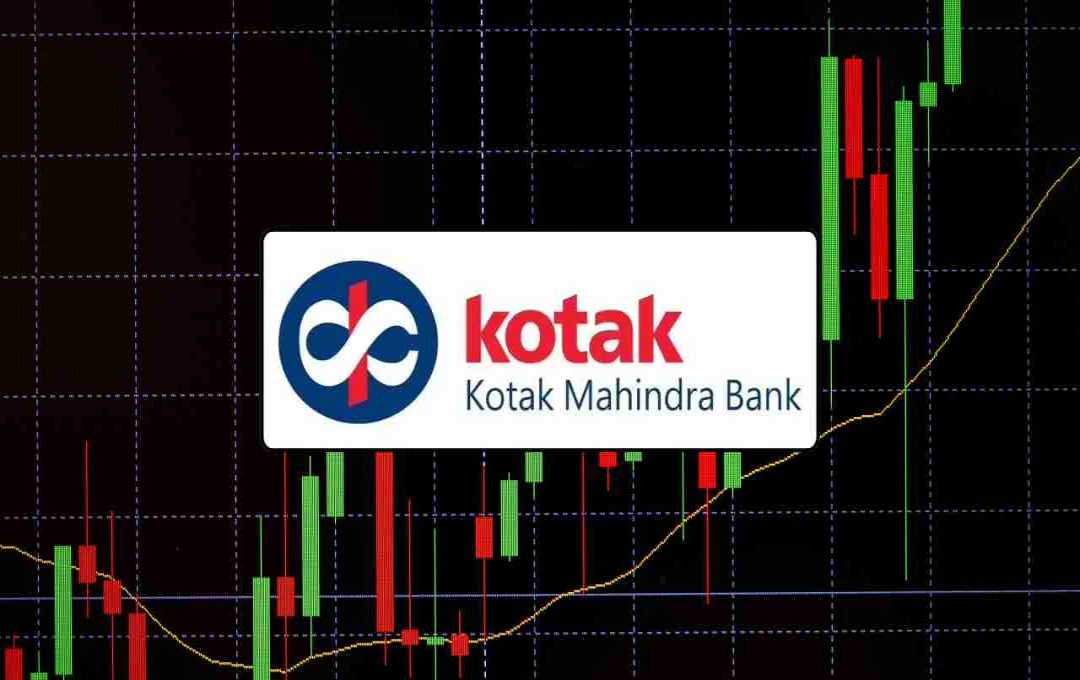The GST Council has imposed an 18% tax on delivery services of food delivery and quick commerce platforms. This will impact companies like Swiggy and Zomato, potentially reducing their profits and increasing delivery charges for customers. The new rule shifts the tax responsibility from gig workers to the platforms.
GST 2.0: The Goods and Services Tax (GST) Council has decided to implement an 18% GST on the delivery services of food delivery and quick commerce platforms. This will directly affect companies like Swiggy and Zomato, which are delivery-dependent. Under the new rule, the tax responsibility has now shifted from unregistered gig workers to the platforms, likely leading to increased delivery charges for consumers and an additional tax burden of approximately ₹500 crore annually for the companies.
The New Burden of 18% GST

Analysts suggest that this new rule could result in an additional annual tax payment of around ₹500 crore for food delivery companies. Previously, the tax liability lay with unregistered gig workers, but this responsibility now rests directly with the platforms. This means that independent delivery partners who were previously working will no longer bear the burden of this tax.
Sanket Desai, Indirect Tax Partner at EY India, explained that an 18% GST will now be levied on local delivery services provided by electronic commerce operators. He added that this rule will broadly apply to food delivery, quick commerce, and logistics services.
Impact on Companies and Consumers
This rule is particularly significant for platforms like Swiggy and Zomato, as their core business is delivery. The implementation of the new GST will likely increase their operational costs. Companies will have the option to either absorb the additional tax burden themselves or pass it on to consumers.
Satish Meena, Founder of research firm Datam Intelligence, stated that consumers might have to pay higher delivery fees. While companies may absorb some of this cost, it will ultimately impact customers' wallets.
Changes in Food Delivery and Quick Commerce

The GST Council cited the previous tax exemptions on low-value supplies and independent delivery partners as the reason for this change. This exemption has now been removed. The aim is to make the tax system more transparent and effective.
According to Section 9(5) of the CGST Act, the GST payment liability has now shifted from gig workers to the platforms. This implies that food aggregators and quick commerce operators will now come under direct tax liability.
Impact on the Quick Commerce Sector
In addition to food delivery, quick commerce companies will also face the new tax burden. This sector involves the rapid delivery of household items, groceries, and daily essentials. An 18% GST will now be applicable to these services as well. This could directly impact consumers, as companies may need to increase prices to cover their rising costs.














